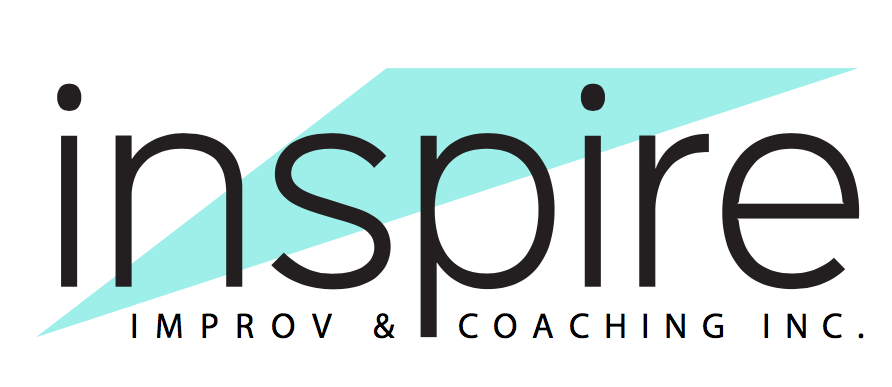The Moment Before - 5 ways to keep your last conversation from ruining your current conversation
The moment before. It’s a concept that we use in acting, where we imagine what JUST happened to our character (before they made their entrance onstage) to inform the way they interact in the scene.
Let’s say I’m in a scene where two co-workers are discussing their next big project. Applying this technique, I imagine the possible “moment before” for this character. Did I just get back from a lunch with my very best friend? Or did I just have a meeting with my boss, telling me that a project I worked on for months has been canceled? Depending on which choice I make as an artist, will have a huge impact on how the scene goes. Lunch with a friend? I’ll be open, bringing a feeling of excitement and collaboration to the scene. Email from my boss? The conversation will likely be riddled with defensiveness and stress.
It is these subtleties that allow two different actors to interpret and play a role in two completely different ways.
How does this apply to you?
We use this technique in acting, because it reflects human behavior. Emotions and thoughts from your “moment before” naturally carry over to your next conversation, impacting the way you think, feel and act.
With this understanding, how can we get ourselves back to neutral so that we can bring our best selves to our next interaction?
Here are a few tips:
Notice first, how are you feeling? By simply noticing that we’re feeling stressed or fearful, can help to take away some of that negative feeling’s power over you.
If you don’t have time, DON’T CHECK YOUR PHONE. Simply glancing at our phone and seeing the subject line of an email can elicit an emotional response, raising stress levels, making us less able to take in new information in a productive way. If you don’t have time to process that information before your next interaction, leave it in your pocket.
Take a breath. Deep breathing can help to calm our system and lower levels of cortisol (the stress hormone), bringing us back to a more neutral state.
Create a mantra, a simple phrase that will bring you back to a positive place.
Think of someone or something that you are thankful for. Experiencing gratitude helps you to feel more relaxed, resilient and optimistic. What a gift to bring to your next conversation!
Each conversation carries some kind of importance, because all people deserve to be treated with respect, not as the recipient of residual emotions from the situation that you just came from. This is especially important for conversations when you are giving or receiving feedback, delivering tough news or conversing with a customer or client. Bringing your best self, in these instances, may have a direct impact on your job, organization, family or community.
Try it out!
Start small, when you’re at the grocery store, notice if you got frustrated because they moved your favorite creamer. Try one of the tactics above and see if you can get yourself back to neutral before you get to the checkout and see how your interaction with the cashier goes. The way you connect with them could change their day.
